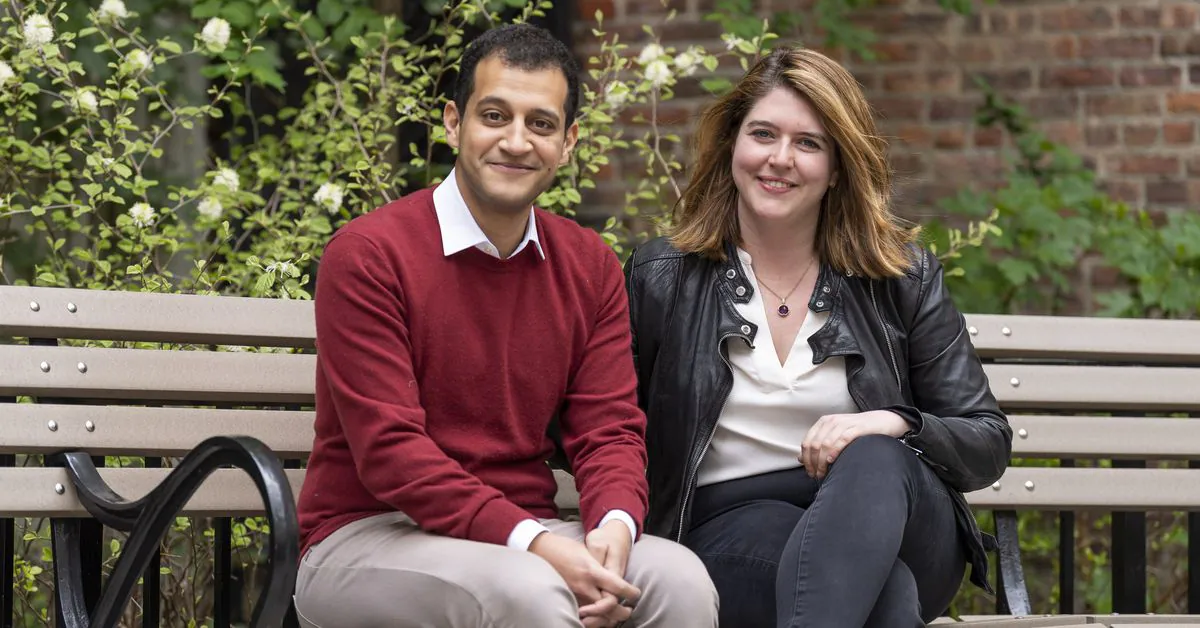MuSig2 The Future of Multisig Privacy is Here with Two New BIPs!
MuSig2 Paving the Way for Enhanced Multisig Privacy with Upcoming BIPsTraditionally, when it comes to creating an n-of-n multisig using CHECKMULTISIG, you end up broadcasting a bunch of signatures and public keys onto the blockchain. This not only exposes how many participants are involved in the transaction, but also racks up higher transaction fees as the number of signers increases. It’s like blasting your business card from a megaphone and paying for the privilege each time someone catches it.
But fear not, my fellow digital asset enthusiasts, because MuSig has entered the scene to save the day! With MuSig, a group of users can join forces to generate a single signature and public key for transaction validation, all while keeping their privacy intact and minimizing those pesky transaction costs. It’s like a secret club where you only need one secret handshake to enter.
Now, MuSig wasn’t always the smooth operator it is today. When it first emerged in 2018, its biggest snag was the user experience. You had to go through three rounds of back-and-forth communication just to get things cooking. It was like trying to have a conversation with a forgetful parrot that keeps saying, “Wait, what did you say?” It wasn’t exactly the seamless process we craved.
But hark! In 2020, MuSig2 (aka the MuSig sequel) came to our rescue. It took what we loved about the original MuSig and slashed the required communication rounds from three to two. Now, that’s what I call progress! It’s like going from playing a complex game of chess to a friendly game of Rock, Paper, Scissors. Who doesn’t love a simplified process?
- In the face of pressure from decoupling, how will Curve founder respond with a new proposal?
- From robots to terminals, the user experience of Web3 is becoming more and more intense.
- The wind of inscriptions blows towards various major public chains. Is the nationwide frenzy behind blind following or a fair trend?
Okay, let’s get down to the nitty-gritty of how MuSig2 works. First, you gather all the participants’ extended public keys (xpubs) and create descriptors, just like you would for any multisig setup. Picture this as assembling the Avengers, but instead of superheroes, you’re bringing together public keys. Captain Public Key, reporting for duty!
Next, it’s time for the signing phase. This involves two messages. The first message is the “First-Round Message” (cue dramatic music). Nonces are generated, added to the Partially Signed Bitcoin Transactions (PSBTs), and shared among the signers. Nonce here, nonce there, nonce nonce everywhere! It’s like a global exchange of secret handshakes.
Then comes the “Second-Round Message” (more dramatic music, please). The nonces received from the first message are used to create a partial signature that is sent back to each of the other signers. It’s like a magical recipe where each signer adds their secret ingredient to the mix. Voilà, a signature masterpiece is born!
Now, instead of each signer juggling their nonces and partial signatures, there’s an alternative option. You can introduce a third-party coordinator to streamline the communication process. It’s like having a trusty sidekick who handles all the logistics while you focus on being the best vigilante you can be.
During the signing process, each signer’s nonce is a composition of two elliptic curve points. These points are transmitted to other signers through the PSBTs. They require careful handling, like delicate puzzle pieces, to ensure accuracy and integrity. But unlike your secret stash of chocolate, these nonces don’t need to be kept under lock and key.
And here’s the grand finale: if all the individual partial signatures pass the test, the produced Schnorr signatures are valid. It’s like an epic team-up where everyone brings their A-game, and the result is a triumph for all.
Now, what’s next for MuSig2? Well, our hero, Andy Chow, has proposed two BIP drafts: MuSig2 PSBTs and MuSig2 Descriptors. These drafts are vital for the adoption and integration of MuSig2 in wallets. It’s like giving MuSig2 a shiny new suit and an upgraded arsenal.
Wallet developers and collaborative custody solutions have been anxiously waiting for this standardization of the MuSig2 protocol. And now, with these formalized BIPs in place, it’s time for the community to jump into action. Let’s review, provide feedback, and spread the word far and wide. At Blockstream, we’re eagerly participating in the public discussions and letting the formal BIP review process unfold.
So, my friends, embrace the MuSig2 revolution! Say goodbye to multiple signatures cluttering the blockchain and hello to simplified, cost-effective, and privacy-enhancing transactions. It’s a game-changer in the world of digital assets, and you don’t want to miss out on the fun.
This article was written by the talented Kiara Bickers. Opinions expressed are entirely her own and do not necessarily reflect those of BTC Inc or Bitcoin Magazine. But hey, we can all agree that she’s got a knack for making blockchain sound downright fascinating, right?
We will continue to update Blocking; if you have any questions or suggestions, please contact us!
Was this article helpful?
93 out of 132 found this helpful
Related articles
- Mint Cash behind the skyrocketing USTC A new exploration of stablecoins backed by Bitcoin collateral
- Reshaping the Boundaries of Computing The Current Situation and Outlook of Decentralized Computing Power
- Quick Look at the Top 15 Cryptocurrency Enforcement Actions in the United States Binance’s $4.3 billion settlement is only ranked second
- A Crypto Divorce Story: BanklessHQ and BanklessDAO Hash It Out
- Lightning: Is It Doomed or Just Misunderstood?
- Gas Hero Community’s first-day test experience (with a quick growth tutorial)
- Financing Weekly Report | 16 public financing events; Blast, a Layer 2 network founded by Blur, completes a $20 million financing round with participation from LianGuairadigm.






